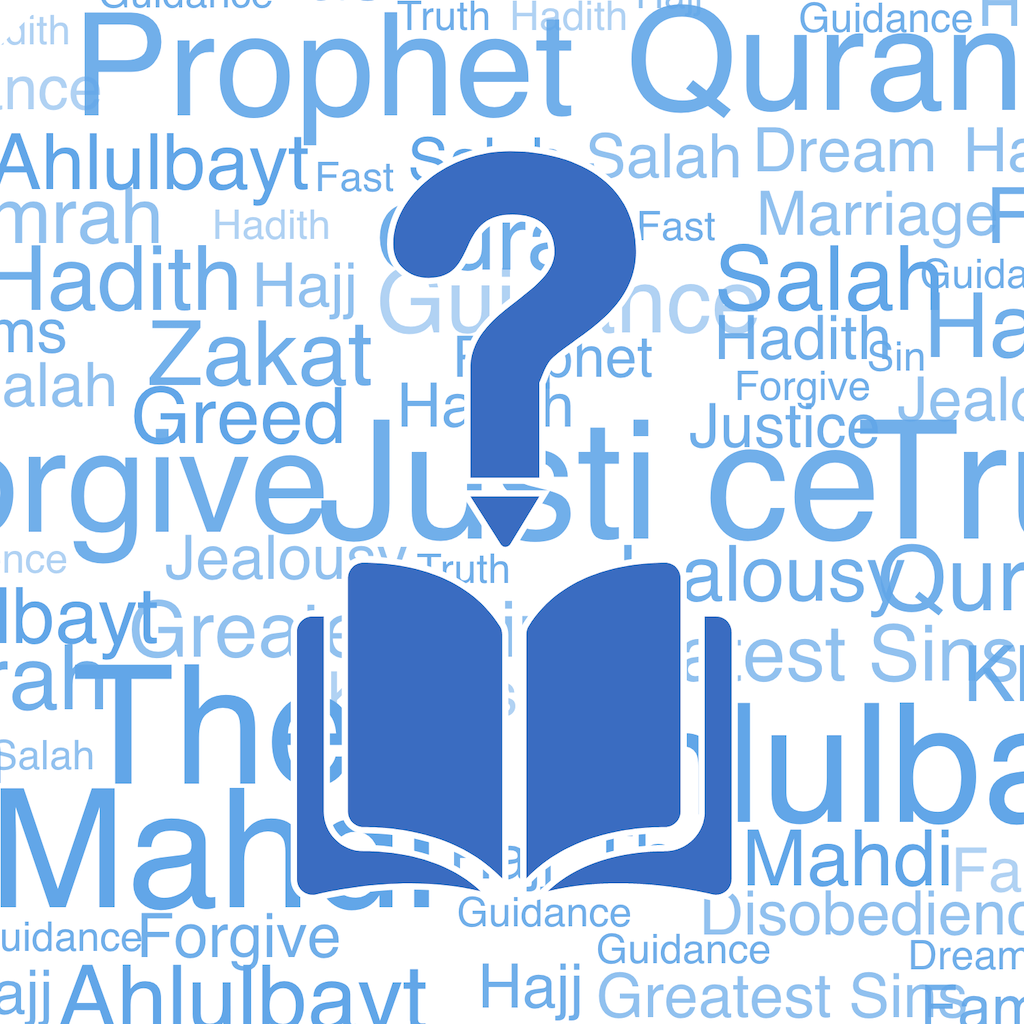I currently have an annoying problem which I really dislike, and that is laziness towards salah. whenever it is time to pray, I just don't feel like doing wudhu and going to pray. I really want to fix this problem and would like some advice.
Please read this carefully
The word salat (prayer) along with its derivatives has been repeated 98 times in the Qur'an. It has such a great importance that has been mentioned, beside faith, as the first and the most important individual and collective practice in many verses. It has been said in the Holy Qur'an that the first groans and shrieks of hell dwellers, refer to not having said their prayer in their life in this world.[Note 1] Also, people who were negligent about their prayer have been said to be similar to those denying the religion.[Note 2] No obligatory practice has been emphasized as much as prayer in the Qur'an. It is a way to reach deliverance,[Note 3] an assistance when encountering troubles,[Note 4] one of the important God's orders to prophets,[Note 5] one of the prophets' great concerns mainly for their family,[Note 6] and it helps one avoid committing sins.[Note 7]
Prayer has a remarkable position in both the Prophet's (s) words and deeds. There are over 11,600 hadiths about prayer in the books Wasa'il al-Shi'a and Mustadrak al-wasa'il, demonstrating its unique significance among the twelve Imams. Imam al-Husayn's (a) noon prayer on the Day of 'Ashura', and many other instances from Imam's lives, bear witness to the importance of prayer.
There are various expressions and phrases referring to prayer in hadith:
The pillar of the religion
Pious men's ascension
Pious men's light
Sign of faith
The best means to approach Allah
Representation of Islam
A key to Heaven
A gleam in the Prophet's (s) eyes
One of the best practices on the Judgement Day
The first practice which is going to be questioned about on the Judgement Day
A criterion to recognize real Shi'as
A companion for man in the darkness of grave
Provision for one's future life
A means to fulfill one's wishes
A means to purify one's spirit
A fortress against the Devil (Satan)
The forerunner of other practices and actions
Warding off arrogance
An atonement for sins
A means to banish the Devil
A means to lighten ones house by Allah's guidance light
A means to ward off calamities
A means to overcome grief and sadness
A permit to pass the Sirat (the bridge on the Judgement Day)
The first divine obligatory practice
Severe punishments and consequences have been considered for neglecting or not saying prayer such as:
A cause of becoming the dweller of the Hell
A sign of hypocrisy
Causing vain regret in barzakh
Becoming deprived of intercession
No blessing for lifetime
No blessing for earning and property
A dark face
Having no rewards for good deeds
A death with contempt
Not fulfilling wishes and supplications
Not fulfilling others' good wishes for the person
Darkness and pressure in grave
Severe punishments and harsh judgments on the Day of Judgement
God does not bless him/her

